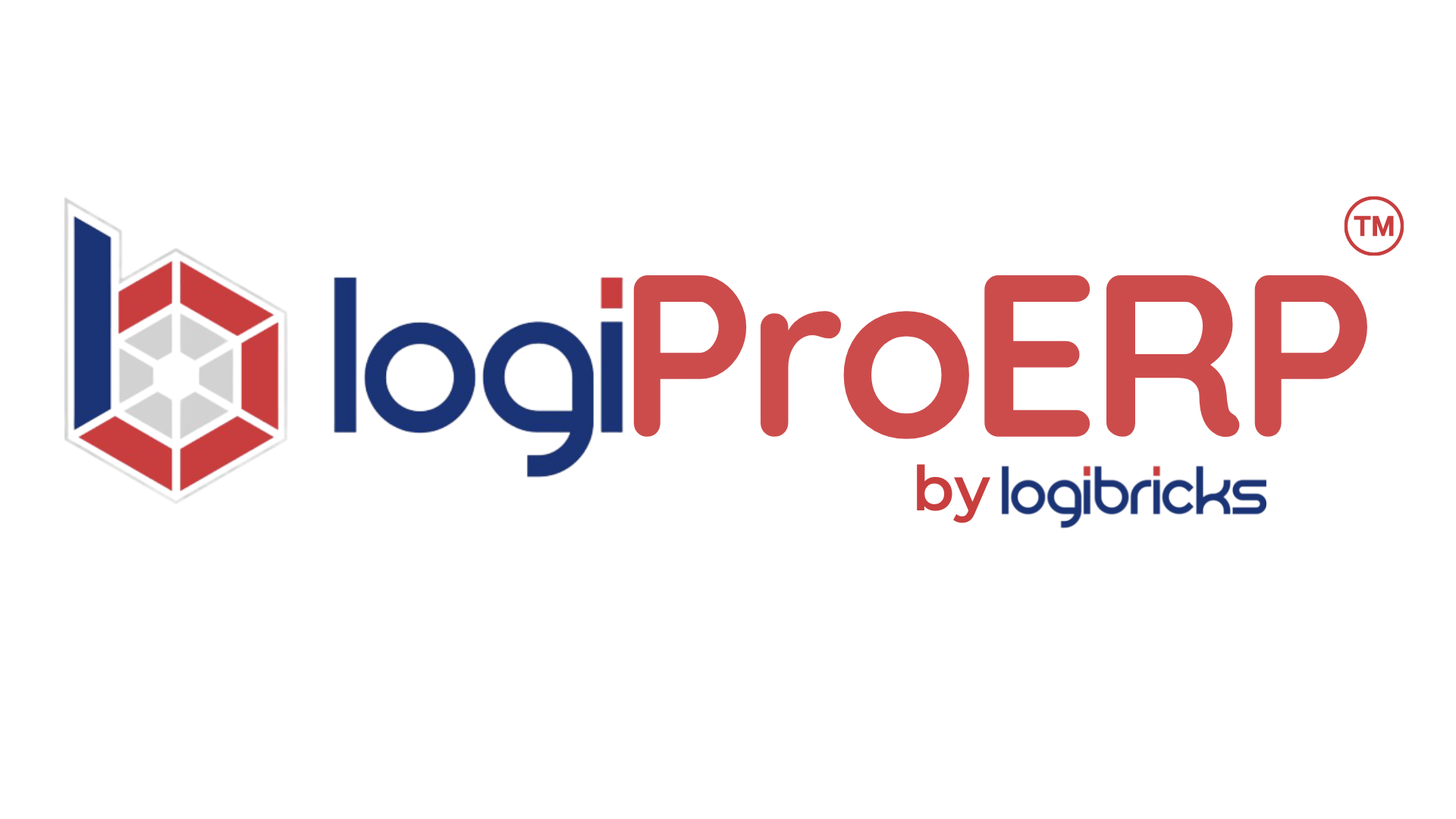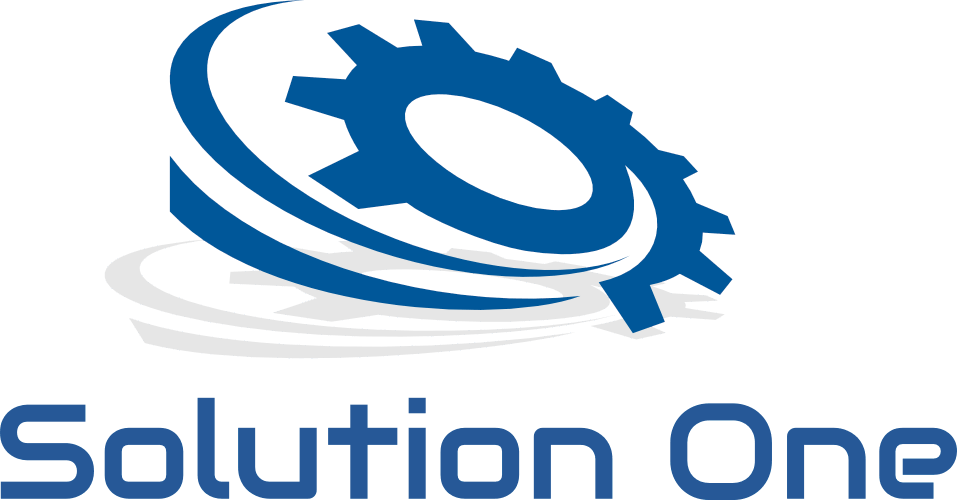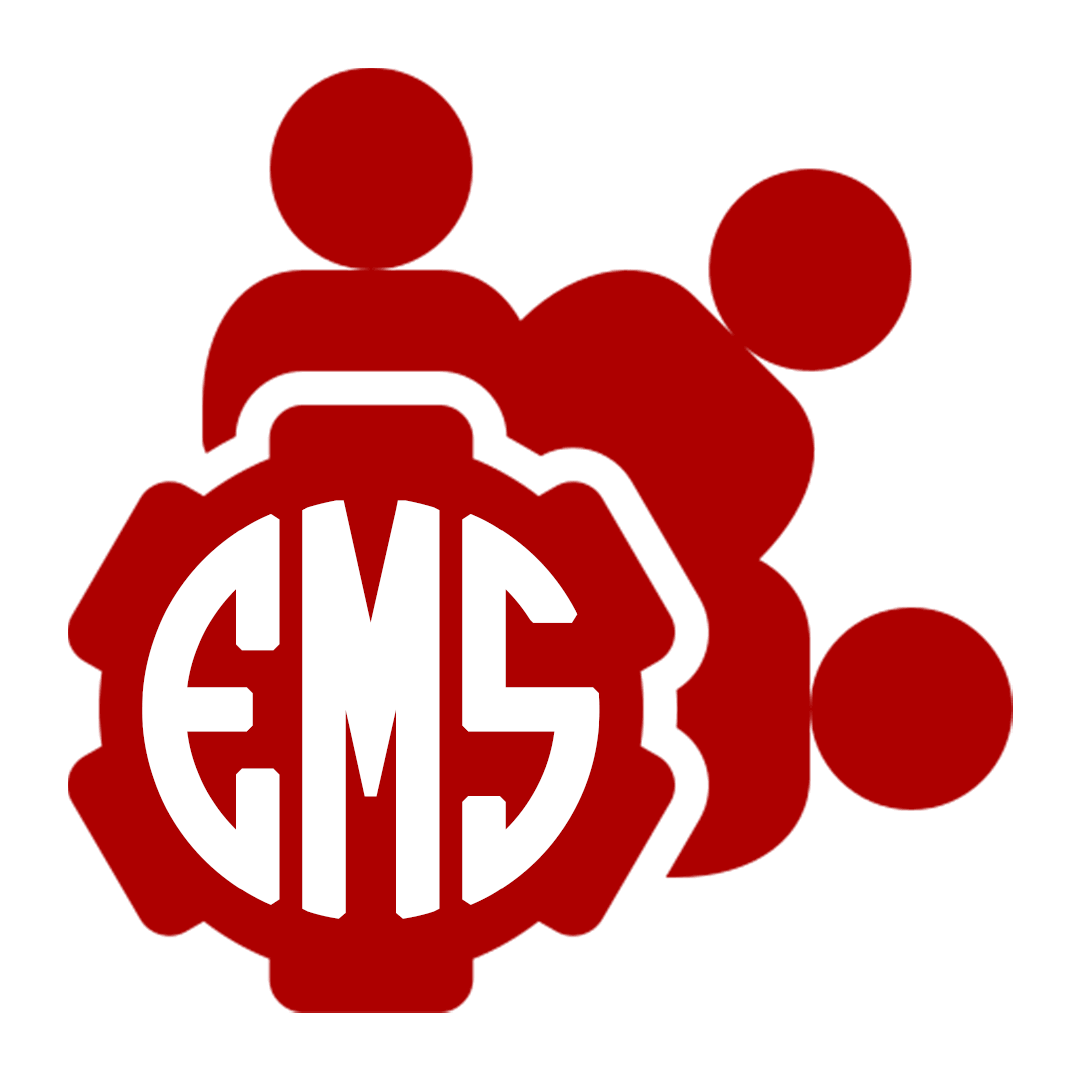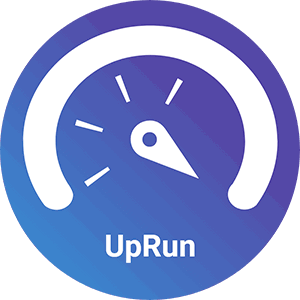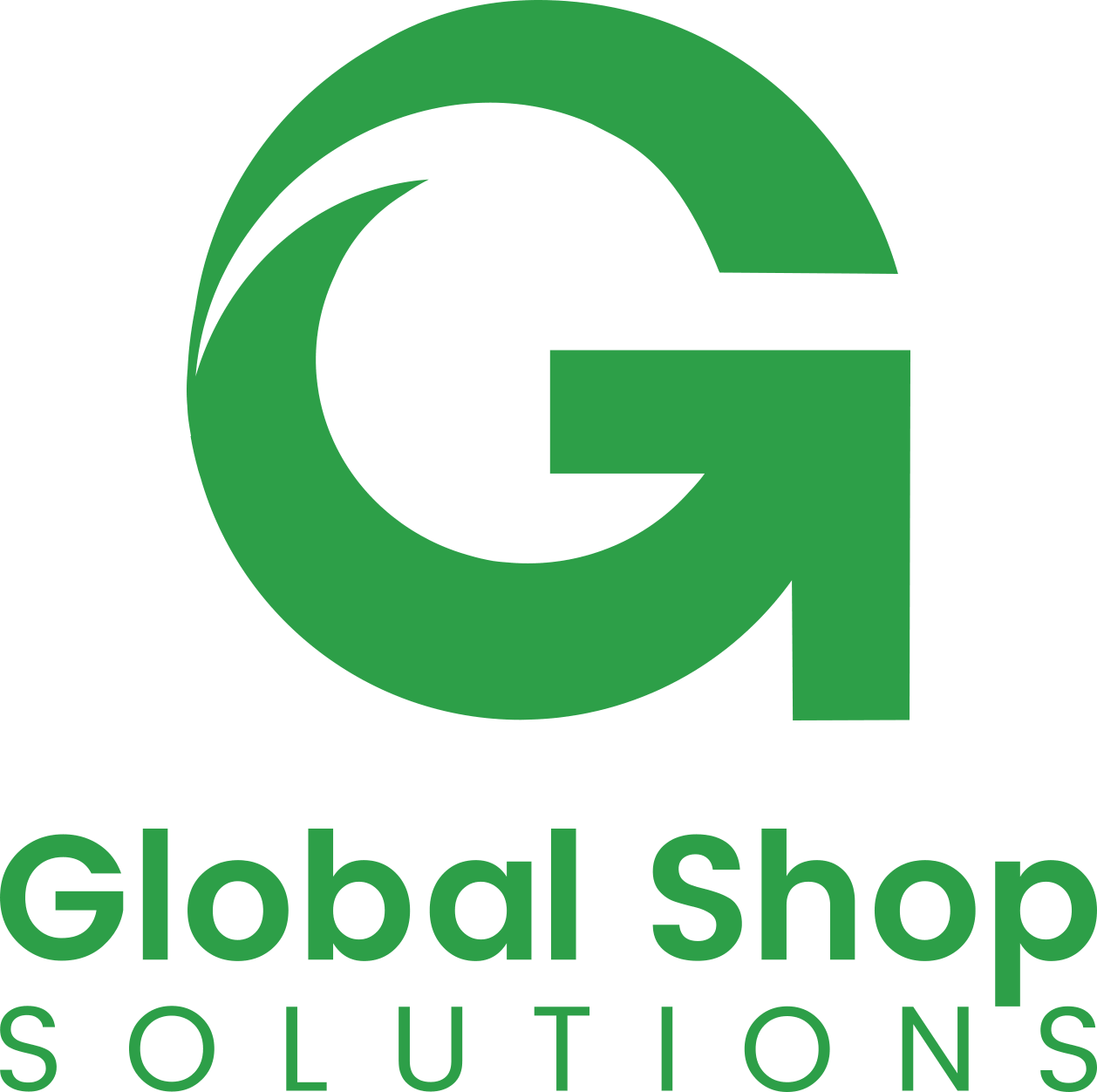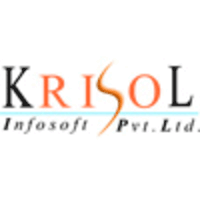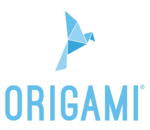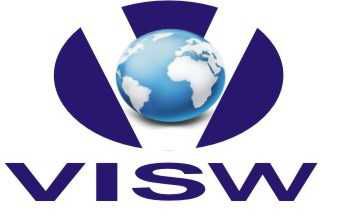What Is Manufacturing Software?
Manufacturing software, often known as manufacturing execution software (MES), is a computer program that is specifically developed to streamline and optimize production operations in a manufacturing facility. It offers producers a systematic way to managing, controlling, and improving their manufacturing processes, from raw material sourcing to final product delivery.
This program serves as a central repository for all production-related data, delivering real-time data and analytics to help monitor and improve efficiency, productivity, and quality. It enables producers to automate and digitize a variety of processes, including inventory management, scheduling, production planning, quality control, and data analysis.
One of the primary advantages of manufacturing software is its capacity to synchronise and coordinate many departments and tasks inside a production facility. This improves communication and collaboration, resulting in a more streamlined and effective production process. Furthermore, industrial software includes functions like real-time dashboarding, forecasting, and tracking, which allow producers to make informed decisions and respond swiftly to changes in demand or supply.
There are several types of manufacturing software on the market that cater to diverse sectors and production processes, including discrete, process, and mixed-mode manufacturing. Some software includes additional modules for quality control, maintenance, and supply chain management. Investing in manufacturing software can provide considerable benefits to manufacturers, including lower costs, more productivity, higher quality, and increased customer satisfaction. As a result, it is an invaluable resource for any manufacturing company seeking to remain competitive and grow in today's fast-changing industry.
What Are The Recent Trends In Manufacturing Software?
Manufacturing software, often known as Enterprise Resource Planning (ERP) software, has seen tremendous evolution in recent years to match the industry's shifting requirements. As technology progresses and firms become more worldwide, the need for efficient and streamlined production processes grows. In response, industrial software has evolved significantly, including new features and capabilities to keep ahead of the competition.
These are the main trends in manufacturing software that every buyer should be aware of.
1. Cloud-Based Solutions: Cloud-based manufacturing software has been quite popular in recent years, and for good reason. In comparison to traditional on-premise systems, these solutions provide the flexibility of remote access, real-time data, and cost efficiency. As businesses increasingly embrace remote working and collaboration, cloud-based manufacturing software is becoming the preferred option for many firms.
2. Automated Data Collection: Automation is a major trend in manufacturing, and software solutions are no different. Modern industrial software includes automated data gathering capabilities, which allows firms to capture and analyze real-time data without requiring human participation. This enables them to make informed decisions fast and optimize their processes for increased efficiency.
3. Integration With IoT: The Internet of Things (IoT) has revolutionized the manufacturing sector, and software solutions have responded accordingly. Today's industrial software can interact with Internet of Things devices, allowing manufacturers to remotely monitor and operate their equipment and operations. This allows for predictive maintenance, real-time tracking, and overall process optimization.
4. AI And Predictive Analytics: Artificial intelligence (AI) and predictive analytics are already standard features of modern manufacturing software. These technologies can analyze massive amounts of data to spot trends, anticipate possible problems, and make precise forecasts. Manufacturers can use this information to fine-tune their operations and make data-driven decisions to increase productivity and save costs.
5. User-Friendly And Customizable Interfaces: The days of sophisticated and cumbersome interfaces for manufacturing software are over. Today's solutions are user-friendly, with customized interfaces to match the specific demands of various enterprises. This makes it easier for users to navigate and operate the software, cutting down on training time and enhancing overall user experience.
Benefits Of Using Manufacturing Software
Manufacturing software, often known as enterprise resource planning (ERP) software, is a technological solution that assists manufacturers in managing and streamlining their processes. It is an essential tool for manufacturers seeking to improve their operations, efficiency, and profitability.
Here are the primary benefits of adopting manufacturing software and why it's so important for your organization.
1. Improved Production Planning And Scheduling: One of the primary benefits of adopting manufacturing software is the ability to optimize production planning and scheduling. This program uses powerful algorithms and real-time data to provide precise production plans and schedules that are consistent with your company's goals. This guarantees that your production processes are efficient and simplified, saving you both time and resources.
2. Enhanced Inventory Management: Inventory management is an important component of production, and it can be a difficult operation to complete manually. However, inventory management procedures can be automated using manufacturing software, such as maintaining inventory levels, restocking stock, and managing raw supplies. This not only saves time, but also lowers the possibility of errors and stockouts, ensuring that your operations function smoothly.
3. Improved Efficiency And Productivity: Manufacturing software automates various operations, including as data entry, order processing, and inventory management, reducing the need for manual labor. This results in enhanced efficiency and production because your workers can focus on value-added projects rather than tedious administrative labor. With optimized operations, you can answer consumer expectations more quickly, increasing customer satisfaction and enhancing your bottom line.
4. Real-Time Data And Analytics: Real-time data and analytics are critical for making sound business decisions. Manufacturing software gives you real-time access to production, inventory, sales, and other data from a single, centralized location. This information can be utilized to discover patterns, track performance, and make strategic decisions to improve operations and stay ahead of the competition.
5. Better Financial Management: To ensure profitability and long-term growth, manufacturers must maintain financial management. Manufacturing software provides financial management capabilities such as budgeting, cost monitoring, invoicing, and accounting to assist you in properly managing your funds. With reliable financial data, you can make more informed decisions and increase your bottom line.
6. Smooth Integration With Other Systems: Manufacturing software is intended to work seamlessly with other systems, such as warehouse management, supply chain, and customer relationship management software. This enables a comprehensive end-to-end solution that addresses all of your business requirements. It also eliminates the need for manual data transfer, which reduces errors and ensures data consistency.
Important Factors To Consider While Purchasing Manufacturing Software?
When looking to buy manufacturing software, there are various variables to consider. These factors can have a significant impact on the effectiveness and efficiency of your production operations, which can ultimately affect your bottom line.
As a result, it is critical to carefully consider each factor before making a decision.
1. Functionality: The software's functionality is the most crucial factor. It should meet your specific manufacturing requirements and be capable of handling all areas of the production process, including inventory management, scheduling, and quality control. A complete software package that includes all major features will save your firm time and money in the long run.
2. Integration: In today's interconnected business world, your manufacturing software should be able to work seamlessly with your existing systems like accounting, supply chain management, and customer relationship management. This ensures seamless data flow and eliminates duplicate entries, hence boosting data accuracy and efficiency.
3. Scalability: When selecting manufacturing software, examine your company's expansion projections. Look for a scalable solution that can support your future expansion ambitions without requiring costly changes. This will save you the headache of transferring to a new system, as well as future fees.
4. User-Friendly Interface: Manufacturing software can be complex, so choose a platform that your staff can easily traverse. A clear and straightforward interface reduces the learning curve and increases user adoption, saving time and resources on training.
5. Customization: Each organization has its own set of operations, and your manufacturing software should be customizable to meet your specific needs. This will allow you to modify the software to your company's demands and make it more efficient in simplifying your operations.
6. Data Security: With the growing threat of cyberattacks, it is critical that your manufacturing software includes strong data security capabilities. It should include safeguards to secure both your company's and your customers' sensitive information, such as encryption and multi-factor authentication.
7. Support And Maintenance: Manufacturing software, like any other technology, may have bugs or need to be updated. As a result, it is critical to have dependable technical support and maintenance services from your software provider in order to address any difficulties quickly and keep your operations going effectively.
By carefully evaluating these elements, you can choose manufacturing software that suits your company's specific requirements while also promoting growth and efficiency. Keep in mind that, while cost is an important aspect, it should not be the only deciding factor. To get the most out of your investment, prioritize functionality and other important characteristics.
What Are The Key Features To Look For In Manufacturing Software?
When investing in Manufacturing Software, it is critical to evaluate the main aspects that will suit your company's demands while also contributing to its growth and success.
Here are the important features to look for in a manufacturing software:
1. Inventory Management: Proper inventory management is critical in any manufacturing organization. Look for software that allows for real-time tracking, automation of replenishment orders, and efficient storage of raw materials and finished goods.
2. Production Planning And Scheduling: Effective planning and scheduling are critical components of effective manufacturing operations. Look for software that enables precise forecasting, flexible scheduling, and order prioritization to optimize production.
3. Quality Control: Maintaining product quality is critical to customer happiness and brand reputation. Look for software that includes quality control tools including real-time monitoring, defect tracking, and quality reporting.
4. Supply Chain Management: A strong supply chain is essential for efficient manufacturing operations. Choose software that includes supplier management, procurement automation, and collaboration tools to help streamline supply chain procedures.
5. Cost Management: Effective cost management is critical for a successful manufacturing organization. Look for software that displays operational expenses, enables for cost tracking, and includes cost optimization capabilities.
6. Integration And Compatibility: The manufacturing software you select must be compatible with your current systems and easy to combine with other software solutions. This will enable a smooth flow of data across departments and systems.
7. Analytics And Reporting: Analytics and reporting tools are critical for making sound business decisions. Look for software that supports real-time data analysis, customisable reporting, and key performance indicators (KPIs).
8. Scalability: Your Manufacturing Software should be able to grow alongside your organization. Look for a solution that can support new processes, products, and an increasing volume of production while maintaining efficiency.
9. Usability: A user-friendly interface and straightforward navigation are critical for the effective adoption of any product. To avoid disruptions in your operations, choose a Manufacturing Software system that is simple to understand and use.
10. Customer Help: Reliable customer help is essential in the event of any problems or questions. Look for software vendors with 24-hour help and a solid reputation for customer service.
Why Do Businesses Need Manufacturing Software?
Businesses in the manufacturing industry encounter complicated problems on a daily basis, such as large-scale production, tight deadlines, and demanding quality control. To remain competitive and meet these demands, firms must implement dependable and efficient operations management systems. This is where the manufacturing software comes in.
Manufacturing software, often known as Enterprise Resource Planning (ERP) software, is specialized software that manages and streamlines all parts of the manufacturing process. It combines several activities such as inventory management, production planning, supply chain management, and finance management to provide a comprehensive perspective of the manufacturing process.
One of the primary reasons firms want manufacturing software is to increase efficiency and production. With all essential information and data available in a single system, decision makers may make informed decisions fast, minimizing manufacturing lead time and enhancing overall productivity. This also enables improved planning and forecasting, reducing the likelihood of stock shortages or overproduction.
Another significant advantage of adopting manufacturing software is the ability to maintain quality control and traceability. With detailed material and process tracking, producers can quickly identify and rectify any production difficulties, eliminating waste and maintaining product quality and consistency. In addition to these operational benefits, manufacturing software is critical for cost control.
By automating processes and giving real-time insights, it enables firms to detect and eliminate inefficiencies, lower production costs, and boost profitability. Furthermore, as firms grow and expand, the necessity for scalable solutions becomes more apparent. Manufacturing software is easily adaptable to corporate expansion, making it a long-term solution for companies of all sizes.
How Much Time Is Required To Implement Manufacturing Software?
The installation time for manufacturing software varies depending on a number of factors, including the complexity of your production processes, the exact features and functionalities required, and the size of your company. In general, a small to medium-sized firm may take three to six months to fully integrate the program, whereas a larger enterprise may take up to one year.
Data migration, customization, system integration, and personnel training are typical stages of the implementation process. The more specific and sophisticated your manufacturing processes are, the longer the implementation period may be. Keep in mind that the time necessary for execution is also determined by your team's preparation and collaboration.
Adequate preparation, committed project management, and excellent communication among all stakeholders can greatly speed up the implementation process. Furthermore, selecting a credible and skilled software vendor with a track record of successful implementations might help to make the installation process go more smoothly and quickly.
What Is The Level Of Customization Available In Manufacturing Software?
Manufacturing software is an essential tool for organizations in the manufacturing industry, allowing them to optimize processes, increase efficiency, and boost overall output. The level of customisation provided is a key factor to consider while searching for the best manufacturing software. Simply said, customization is the ability to modify software to a business's specific goals and expectations.
Let's go deeper into the level of customisation offered in manufacturing software so you can make an informed decision.
1. Fully Configurable Systems: Some industrial software allows for comprehensive customization, meaning that every part of the software can be tailored to a company's exact requirements. This comprises the user interface, workflows, reports, and so forth. Such systems are very adaptable to a company's own operations and requirements.
2. Industry-Specific Solutions: There are manufacturing software solutions that are tailored to specific industries, such as automotive, pharmaceutical, and food and beverage. These solutions have pre-built features and workflows that are specific to the operations and laws of that business. While they may not enable as much customization as fully programmable systems, they can nevertheless be very adaptable.
3. Modular Solutions: Rather than purchasing an entire package, modular manufacturing software allows organizations to select and integrate only the modules they require. This provides for a more personalized solution because businesses may choose the modules that best meet their needs and requirements. However, the extent of customisation for each module may differ.
4. Custom-Built Solutions: For firms with really unique and complex processes, custom-built manufacturing software may be the best solution. These solutions are tailored to a company's individual operations, requirements, and even current software systems. This level of customization costs more and takes longer to deploy, but it gives the most bespoke and specialized solution.
Which Industries Can Benefit The Most From Manufacturing Software?
Manufacturing software, often known as enterprise resource planning (ERP) software, is an important tool for enterprises across industries. This breakthrough software simplifies and automates procedures, giving businesses more efficiency, accuracy, and control over their operations. With so many options available on the market, it can be difficult to evaluate which industries will benefit the most from manufacturing software.
We'll look at which sectors may use manufacturing software to increase efficiency and profitability.
1. Manufacturing Industry: Needless to say, manufacturing software benefits the manufacturing industry the most. With its complicated supply chain, several production processes, and inventory management, the industry can greatly benefit from manufacturing software's streamlined and automated operations. The program records and monitors inventory levels, manufacturing schedules, and orders, allowing manufacturers to make more informed decisions and improve their processes.
2. automobile Industry: The automobile industry is recognized for its complex manufacturing processes and tight production deadlines. Manufacturing software can handle the industry's complexities by accurately estimating demand, managing inventory, and scheduling. It also assures adherence to industry regulations, lowering the likelihood of costly errors.
3. Pharmaceutical Industry: It is critical for pharmaceutical firms to maintain quality control and comply with regulatory criteria. Manufacturing software allows pharmaceutical companies to monitor and track production operations in real time, ensuring quality while adhering to tight standards.
4. Food and Beverage Industry: The food and beverage industry runs on a high volume, low margin business model, necessitating cost optimization and efficiency. Manufacturing software optimizes the production and supply chain operations, resulting in faster delivery and less waste. It also enables traceability, which is necessary for product recalls and audits.
5. Textile Industry: The textile industry's global supply network makes it difficult to maintain inventory levels and manufacturing schedules. Textile companies can use manufacturing software to track raw materials, control production in real time, and improve supply chain processes, resulting in lower costs and more productivity.
6. Electronics Industry: The electronics industry features fast-paced production processes and is very competitive. Manufacturing software improves control and visibility over production and inventories, allowing businesses to identify bottlenecks, eliminate risks, and assure on-time product delivery.
Conclusion
After conducting extensive study and evaluation of numerous manufacturing software solutions, it is evident that investing in a strong and versatile software solution is critical for manufacturing organizations. The correct software may greatly improve operational efficiency, streamline procedures, and boost profits. When selecting manufacturing software, it is critical to consider scalability, customisation, user-friendliness, and integration possibilities.
It is also critical to select software that is appropriate for your company's specific demands and goals. Furthermore, it is prudent to request demos or trials and solicit comments from current users to have a better knowledge of the software's functioning and stability. Additionally, getting recommendations from industry experts can assist limit down the possibilities and select a trustworthy and respected software vendor.
Businesses may use the correct manufacturing software to automate boring operations, precisely track inventory, control production processes, and make data-driven decisions that enhance productivity and profitability. It is a long-term investment with substantial implications for a manufacturing company's success.


